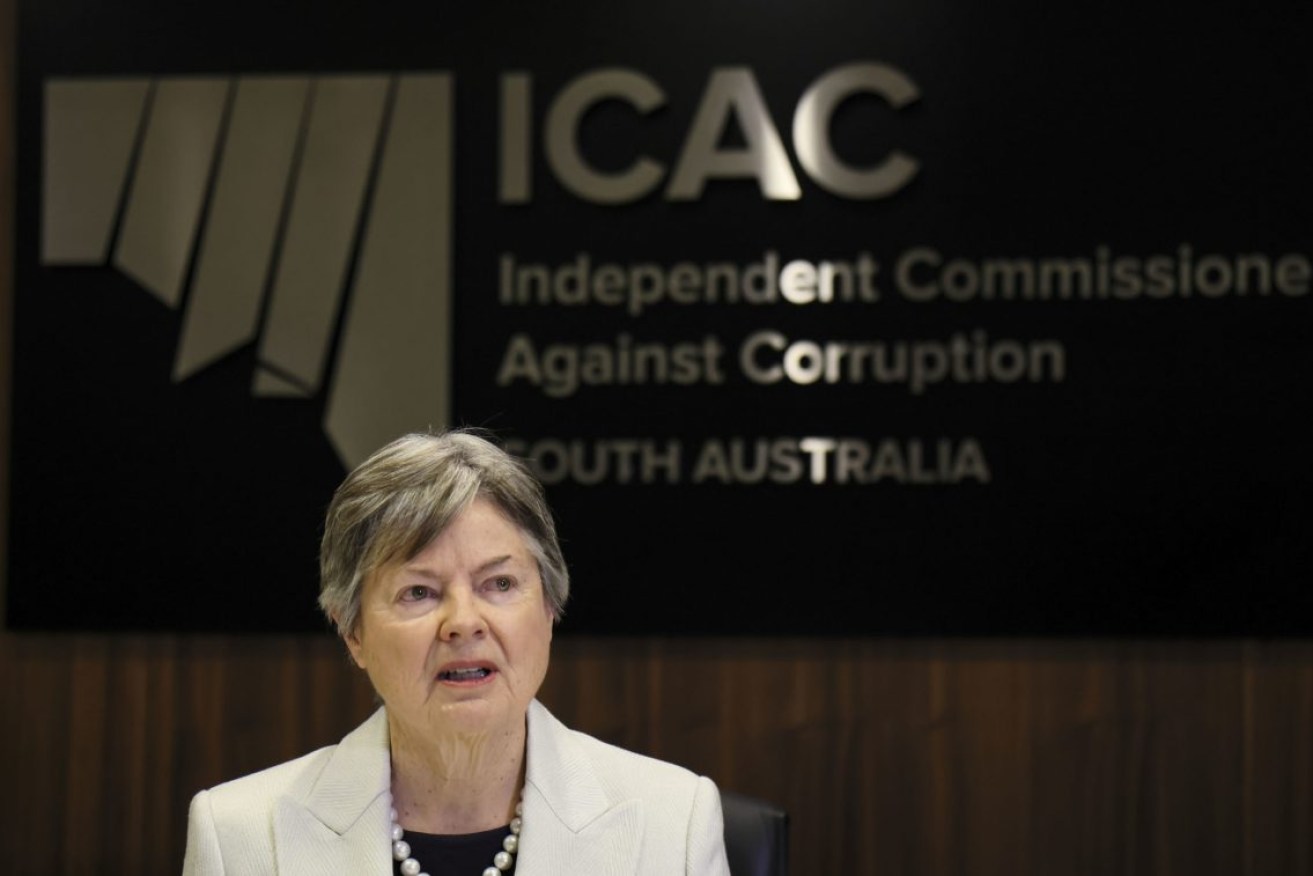Parliament to consider reining in ICAC powers
South Australian MPs are set to consider a bill to limit the powers of the state’s corruption watchdog after a parliamentary committee investigated the work of the Independent Commissioner Against Corruption.

Photo: Tony Lewis / Supplied
The changes, proposed by SA Best Upper House MP Frank Pangallo, are due to be debated on Wednesday.
Pangallo says his bill streamlines the power and responsibilities of the ICAC to focus only on matters of serious and systemic corruption.
It proposes that misconduct and maladministration be investigated by the state ombudsman and establishes a separate Office of Public Integrity along with the Office of the Inspector that will have powers of oversight and report directly to parliament.
“Anti-corruption and integrity agencies have a critical role to play in our society because serious corruption and misconduct in our public sector must not be allowed to flourish unchecked,” Pangallo said.
“However, after eight years of substantial expenditure, secret investigations, underwhelming results, controversy and criticism, changes to the way ICAC functions are appropriate.”
A case against two former Renewal SA executives stemming from a 2018 ICAC investigation failed in June after prosecutors said they did not have enough evidence to proceed.
Georgina Vasilevski told the parlimentary enquiry she was “treated like a drug dealer” over her charge of falsely claiming $1032, while the agency’s former boss John Hanlon sought $250,000 to recover legal costs for defending his own failed prosecution just days before the Director of Public Prosecutions said it would again try him on a charge of abuse of public office.
Pangallo said his bill also provided mechanisms to protect people from reputational damage.
He said people under investigation, including those who were completely exonerated, had careers ruined and relationships destroyed while tens of millions of dollars had been wasted on investigations and criminal trials that should never have proceeded.
“Anti-corruption and integrity agencies have enormous powers bestowed upon them, and it is a societal expectation they use these powers responsibly and within the law,” Pangallo said.
“People in their sights should expect to receive the fairness of natural justice and due process, as accorded to others in our community.”




